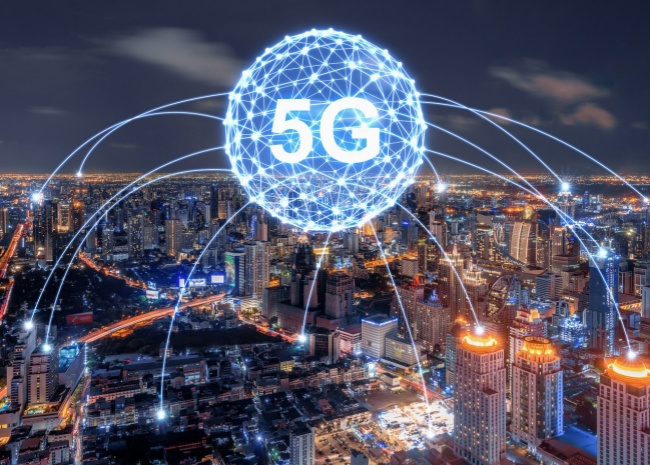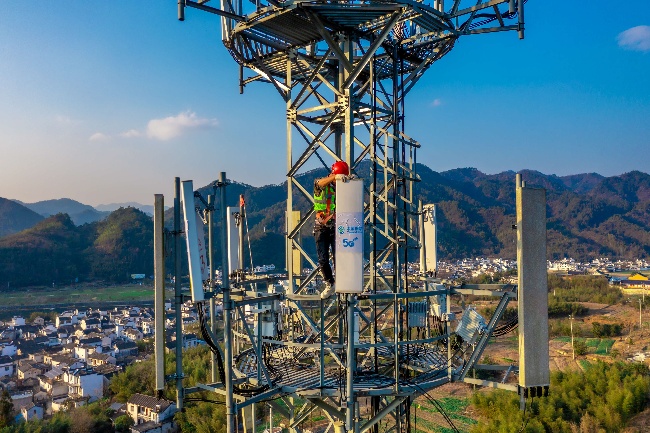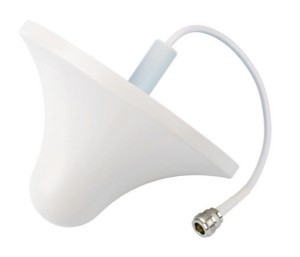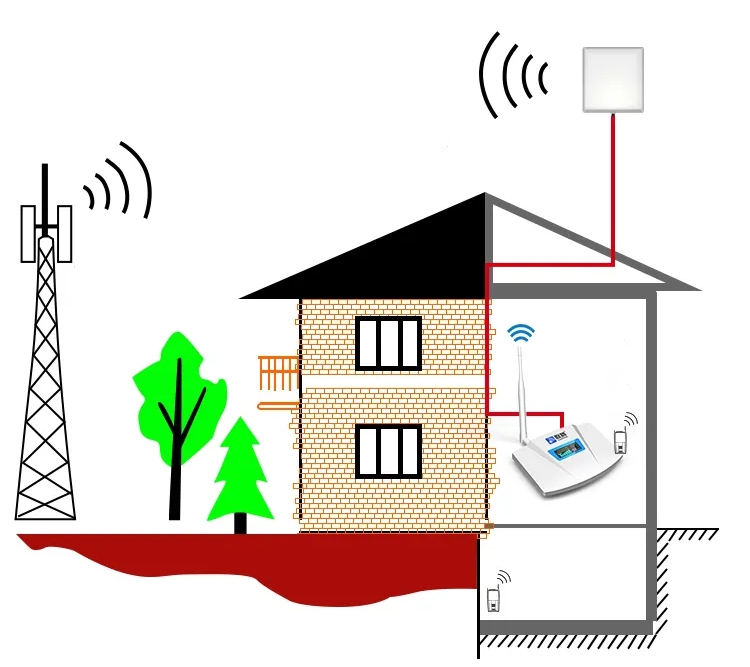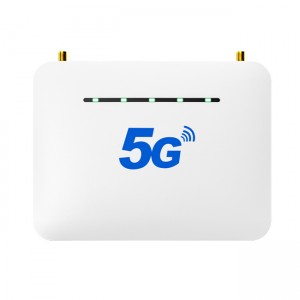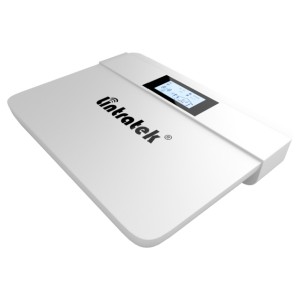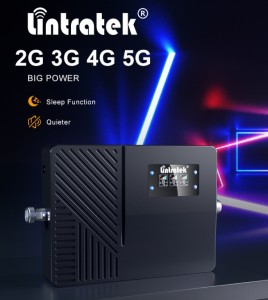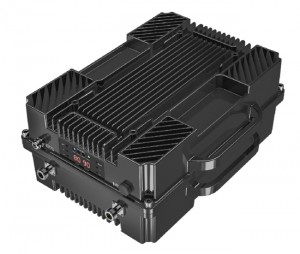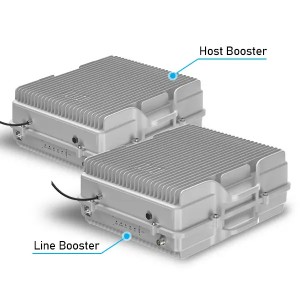With 5G networks rolling out across many countries and regions in 2025, several developed areas are phasing out 2G and 3G services. However, due to the large data volume, low latency, and high bandwidth associated with 5G, it typically utilizes high-frequency bands for signal transmission. Current physical principles indicate higher frequency bands have poorer signal coverage over longer distances.
If you’re interested in choosing a mobile signal booster for 2G, 3G, or 4G, you can read more in this article: How to Choose a Mobile Signal Booster?
As 5G becomes increasingly prevalent, many users opt for 5G mobile signal boosters due to the limitations of 5G coverage. What key factors should you consider when selecting a 5G mobile signal booster? Let’s explore.
1. Confirm the 5G Frequency Bands in Your Area:
In urban areas, the 5G frequency bands are typically high-frequency. However, low-frequency bands are more commonly used in suburban or rural areas.
You need to check with your local carrier to find out the specific 5G frequency bands in your area. Alternatively, you can use your smartphone to determine the bands in use. Download relevant apps from your device’s app store, such as Cellular-Z for Android or OpenSignal for iPhone. These tools will help you identify the frequency bands used by your local carrier.
Once you know the frequency bands, you can select a 5G mobile signal booster that matches those specifications.
2. Find Compatible Equipment:
After identifying the appropriate mobile signal booster, you’ll need to source compatible antennas, splitters, couplers, and other accessories. Each of these products has specific frequency ranges. For example, two of Lintratek’s 5G antennas have frequency ranges of 700-3500 MHz and 800-3700 MHz. These antennas not only support 5G signals but are also backward compatible with 2G, 3G, and 4G signals. Corresponding splitters and couplers will also have their own frequency specifications. Generally, equipment designed for 5G will be priced higher than that for 2G or 3G.
3. Determine Signal Source Location and Coverage Area:
Knowing the location of your signal source and the area you need to cover with mobile signal is crucial. This information will help you decide what gain and power specifications your 5G mobile signal booster should have. For more information, check out this article: **What are the Gain and Power of a Mobile Signal Repeater?** to understand the gain and power of mobile signal boosters.
If you’ve made it this far and feel overwhelmed by the information or confused about selecting a 5G mobile signal booster and 5G antenna, it’s completely normal. Choosing a mobile signal booster is a specialized task. If you have any questions, please contact us. We will quickly recommend the most cost-effective Lintratek mobile signal booster solution tailored to eliminate your signal dead zones.
Below are some of our latest dual-band 5G mobile signal boosters. These devices not only support 5G signals but are also compatible with 4G. Feel free to reach out to us for more information!
Lintratek Y20P Dual 5G Mobile Signal Booster for 500m² / 5,400ft²
Lintratek KW20 5G Mobile Signal Booster for 500m² / 5,400ft²
KW27A Dual 5G Mobile Signal Booster for 1,000m² / 11,000ft²
Lintratek KW35A Commercial Dual 5G Mobile Signal Booster for 3,000m² / 33,000ft²
Lintratek has been a professional manufacturer of mobile signal repeaters integrating R&D, production, and sales for 12 years. Signal coverage products in the field of mobile communications: mobile phone signal boosters, antennas, power splitters, couplers, etc.
Post time: Oct-29-2024








